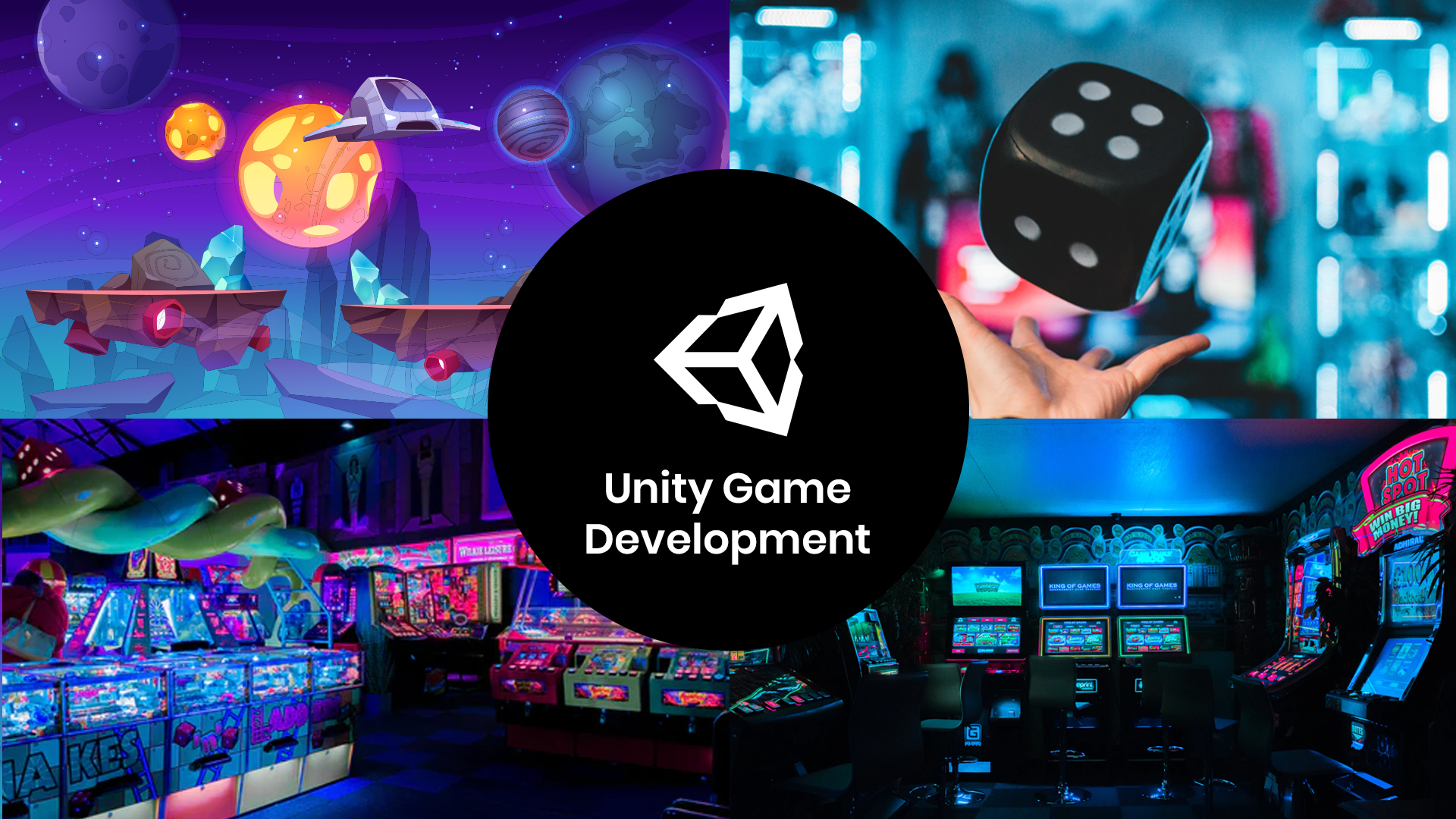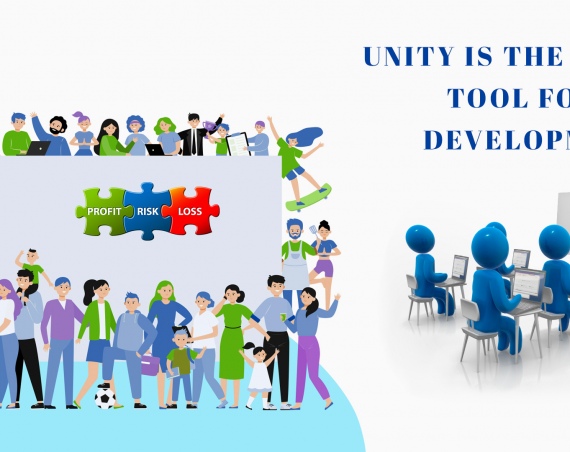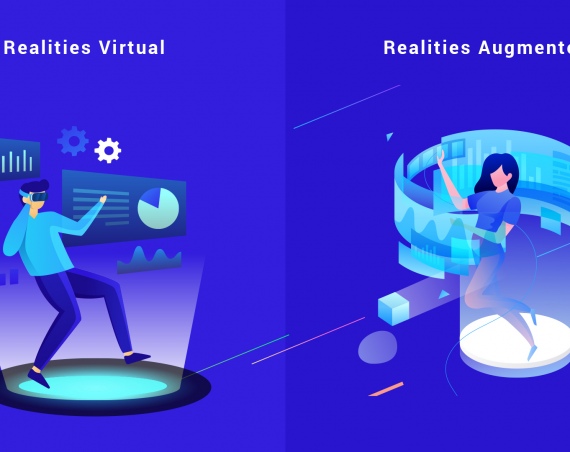
People used to have a hard time making mobile game apps for different platforms before the year 2005. It took a lot of time, effort, and money to make apps for different mobile platforms at that time. However, the introduction of the Unity engine at Apple’s Worldwide Developers Conference flipped the tables.
The robust cross-platform engine made it possible to construct the game app in a user-friendly environment for 27 platforms and different devices. It delivers many resources, including easy tools, ready-made assets, detailed documentation, tutorials, and an online community free to produce excellent 3D content for games.
Unity’s rendering, scripting, asset tracking, and physics features help reduce game development time and costs while allowing games to run on various platforms. The Unity engine is now at the top of the cross-platform game development ladder. All because of its benefits over the other tools out there.
Research shows that “Unity 3D engine has 45 % global game engine market share and chosen by 47 % game developers as the major development tool.” That’s pretty awesome. But, the engine has some shortcomings as well, which makes the developers reluctant to use the engine for the next-Gen game app development.
Let’s take a glance at the advantages and disadvantages of unity which help you decide whether the engine is suitable for the game development or not:
Advantages and disadvantages of unity
Pros of Unity Game Development
1) Platform support
The engine is highly preferred for its extended support to 27 platforms. The app developed and deployed can be easily shared between PC, web, and mobile platforms. Besides, the agile methodology enables speedy prototyping and stable releases, which speeds up the game development process.
2) IDE
Code is written in the IDE’s built-in text editor; however, developers may also prefer to utilise a separate code editor to avoid confusion. Additionally, the integrated development editor supports JavaScript and C# for scripting and offers notable features ideal for game development.
3) Graphics
The engine supports high-quality audio and visual effects that simplify the game development process. The visuals are adaptable on every screen and device without any distortion or compromising on the image quality.
4) Documentation
This is something you cannot miss. New developers always need easy-to-understand documentation that provides every little detail about the Unity engine.
5) Debugging
Debugging and tweaking are amazingly easier with Unity game development because all the game variables are displayed during gameplay. This is great because it allows the developers to debug the process at runtime.
Cons of Unity Game Development
1) Graphics
It’s hard to mention, but the engine is lagging when it comes to graphics. Comparatively speaking, it lacks a wide range of capabilities for creating visually beautiful graphics.
2) Physics
In the Unity 5 engine, the built-in support for the PhysX physics engine has some performance issues and lacks important functionalities required to craft an excellent game app.
3) Licence cost
The developers need to have licences for the best graphics, deployment, and performance improvements. These licences are expensive to purchase. Moreover, the use of rendering, buffer support, stencil support, and pretty more features scale up the development costs due to the expensive licences.
4) Source code
The code is stable in Unity as opposed to other engines and packed with a great architecture that improves the game app performance. But, the unavailability of the source code makes finding, addressing, and fixing the performance issues difficult.
5) Memory hogging
The game developed leveraging the Unity engine consumes more memory, which in turn creates OOM errors and debugging issues in the apps.
The last word
The mobile game development firm ranks Unity 3D as the best engine for game app development. The Unity 3D engine has been continuously enhanced, and faults have been fixed in newer versions. However, just as every coin has two sides, the Unity engine also has its Pros and Cons.
You now have a thorough understanding of how the Unity engine works. What are your thoughts? What is your opinion of the advantages and disadvantages of the unity engine and whether or not it is a good fit for your next project? Please express your thoughts in the space provided below.


